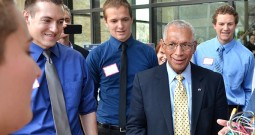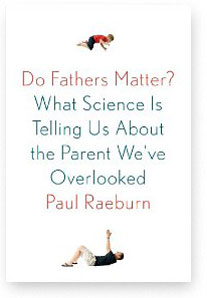 Do Fathers Matter? (start time: 3:07) If you’re a father or a son or daughter – which pretty much covers everyone – this interview should hit home. Science journalist Paul Raeburn’s latest book — “Do Fathers Matter? What Science Is Telling Us About the Parent We’ve Overlooked” – explores what seems like a no-brainer question. But the answers he discovers surprised even him. After last week’s pledge drive teaser, we now offer the extended version of host Susan Moran’s interview with Raeburn.
Do Fathers Matter? (start time: 3:07) If you’re a father or a son or daughter – which pretty much covers everyone – this interview should hit home. Science journalist Paul Raeburn’s latest book — “Do Fathers Matter? What Science Is Telling Us About the Parent We’ve Overlooked” – explores what seems like a no-brainer question. But the answers he discovers surprised even him. After last week’s pledge drive teaser, we now offer the extended version of host Susan Moran’s interview with Raeburn.
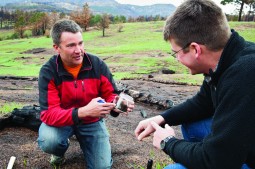
Credit: CU Boulder
Mercury in Waterways (start time: 15:20) Next time you take a sip of mountain spring water or catch a wild trout, you might be getting a bit more than you bargained for. Scientists have found mercury in Colorado waterways and in the fish that swim in them. And recent research shows that wildfires in recent years may have added to the problem. How on Earth’s Jane Palmer talked with Joe Ryan, an environmental engineering professor at the University of Colorado. Dr. Ryan also directs AirWaterGas, a project studying the impacts of oil and gas drilling on the environment.
Hosts: Ted Burnham, Susan Moran
Producer: Susan Moran
Engineer: Ted Burnham
Executive Producers: Jane Palmer and Kendra Krueger
Listen to the show:
Podcast: Play in new window | Download (Duration: 24:55 — 22.8MB)
Subscribe: RSS




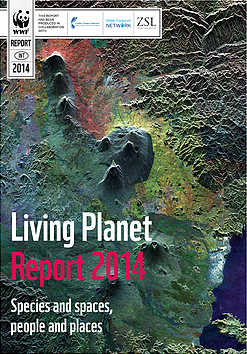
 Living Planet Report (starts at 5:50): The environmental organization World Wildlife Fund just released its science-based biennial
Living Planet Report (starts at 5:50): The environmental organization World Wildlife Fund just released its science-based biennial 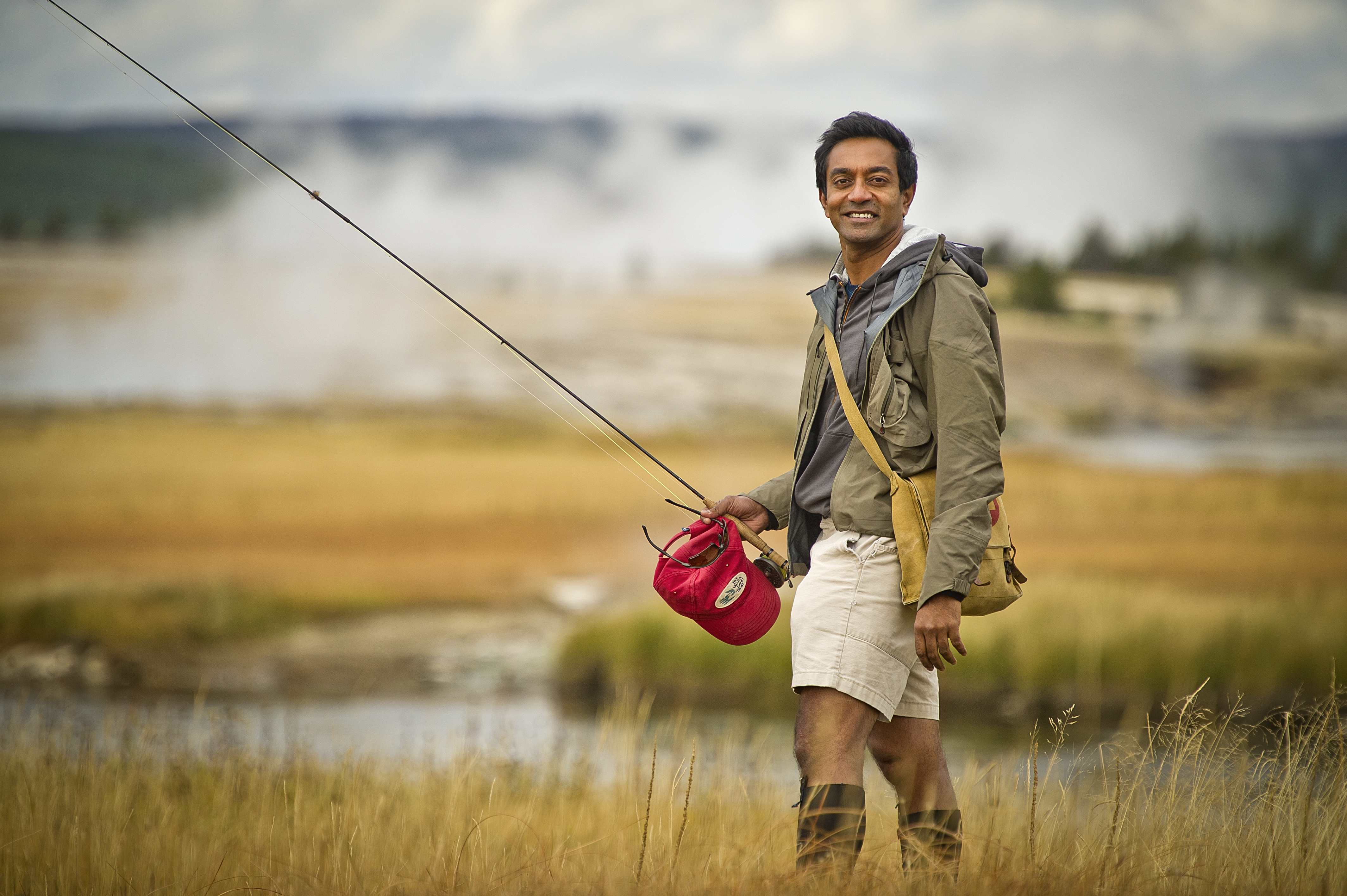
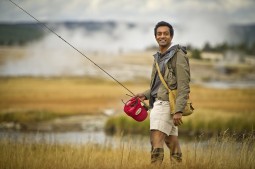
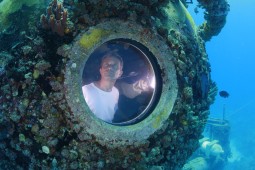


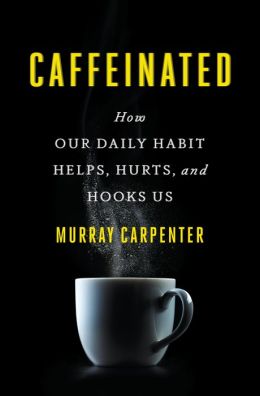
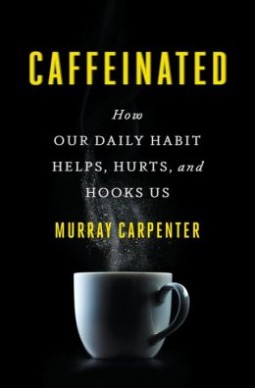 Caffeine and Athletics (starts at 4:35): Chances are you’ve already had a cup of coffee this morning or, if you are like me, it was a cup of tea. Or maybe, if you are truly hedonistic, you started the day with a bar of chocolate. Either way, if any of these options are part of your daily routine you’d be one of the 90 percent of people in this country that regularly consumes caffeine, America’s drug of choice.
Caffeine and Athletics (starts at 4:35): Chances are you’ve already had a cup of coffee this morning or, if you are like me, it was a cup of tea. Or maybe, if you are truly hedonistic, you started the day with a bar of chocolate. Either way, if any of these options are part of your daily routine you’d be one of the 90 percent of people in this country that regularly consumes caffeine, America’s drug of choice.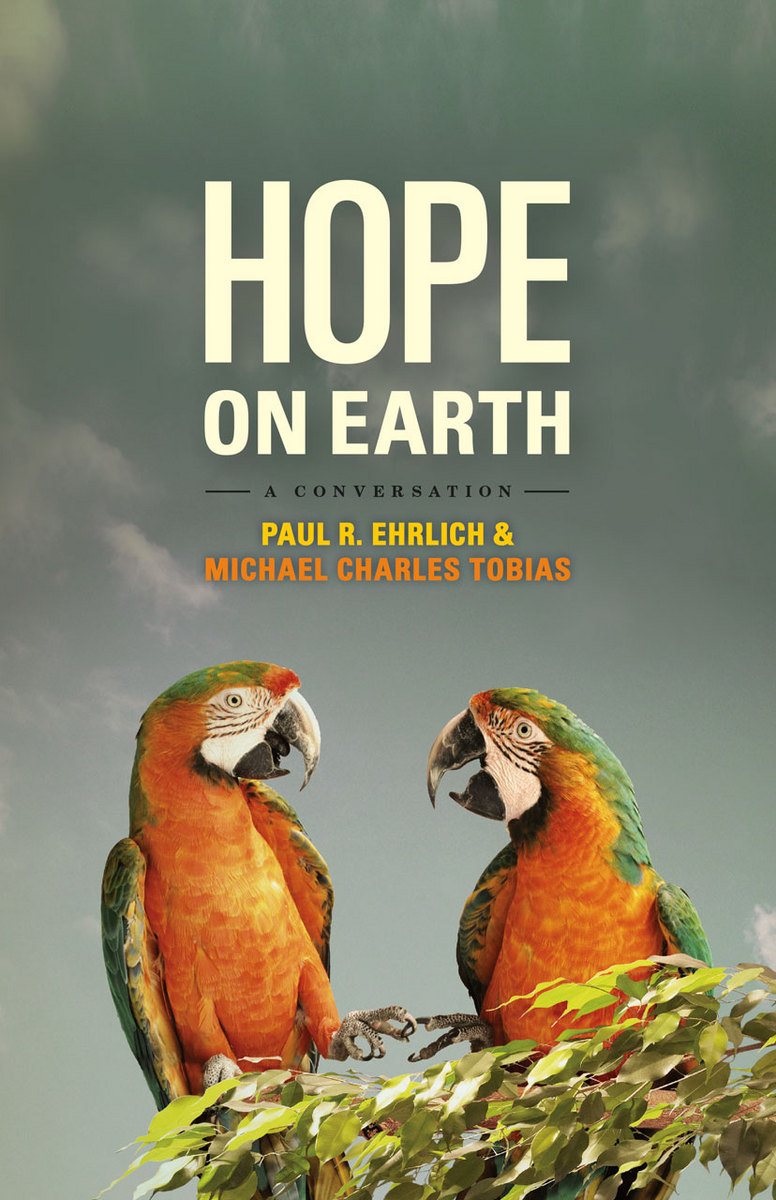
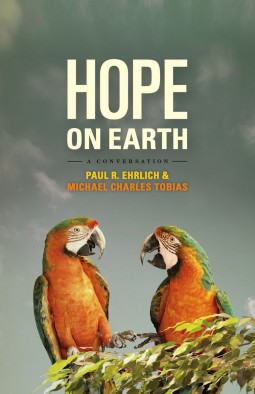 Hope On Earth (starts 7:08): Few people have thought as critically and deeply about the state of Earth and our role on it than
Hope On Earth (starts 7:08): Few people have thought as critically and deeply about the state of Earth and our role on it than 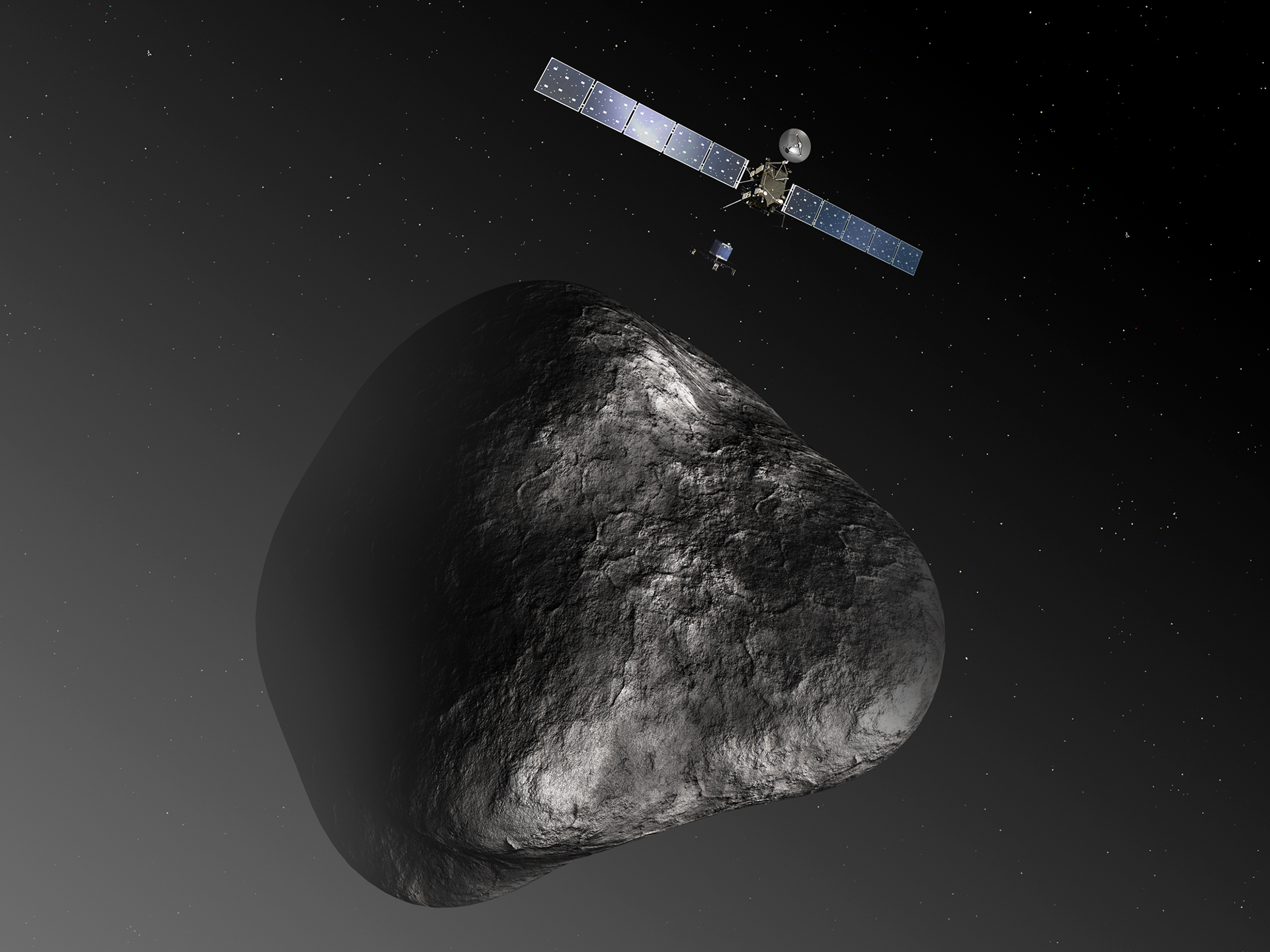
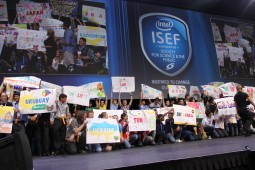
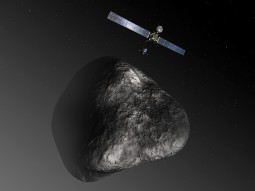
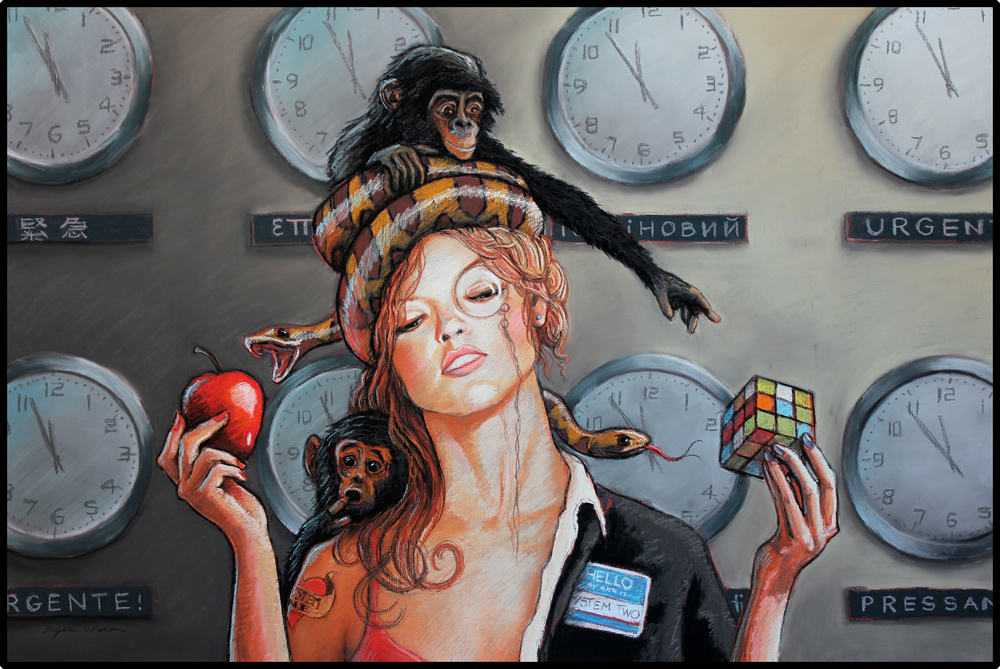
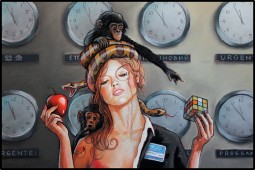 Gold Lab Symposium (starts at 3:42): Biotech entrepreneur
Gold Lab Symposium (starts at 3:42): Biotech entrepreneur 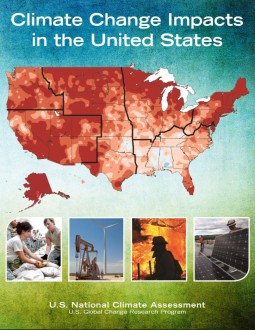 U.S. Climate Change Report (starts at 11:50) The
U.S. Climate Change Report (starts at 11:50) The 

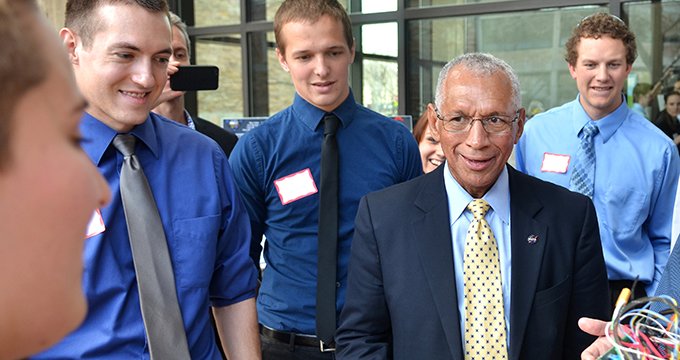
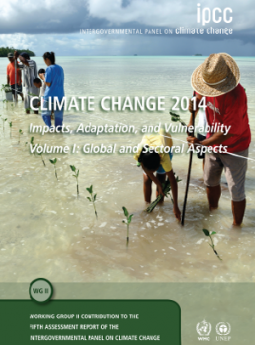 Earth Day gives us plenty of reason to reflect on the state of the planet and the impact we humans have had on it. This week’s show featured
Earth Day gives us plenty of reason to reflect on the state of the planet and the impact we humans have had on it. This week’s show featured 